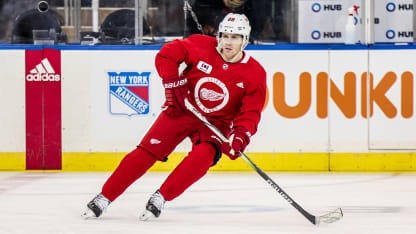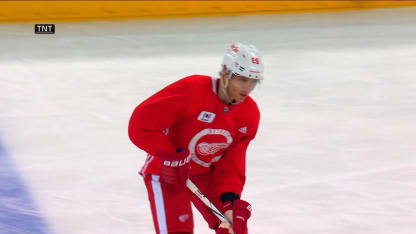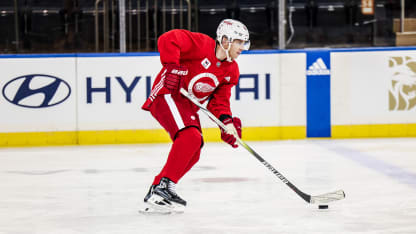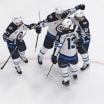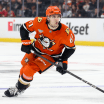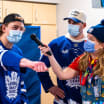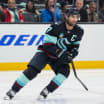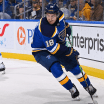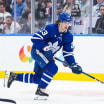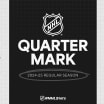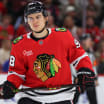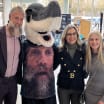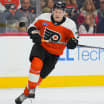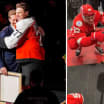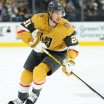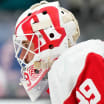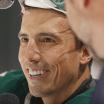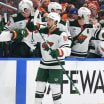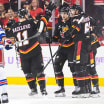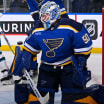Patrick Kane, also known as "Showtime," is the latest in a long line of superstars who have joined the Detroit Red Wings.
Some have had success. Others, not so much. And it remains to be seen how the 35-year-old forward will perform after having hip resurfacing surgery June 1 and signing a one-year, $2.75 million contract Tuesday.
But there is a familiar buzz in the city the Red Wings used to market as "Hockeytown," and there is more hope Detroit can end a seven-year Stanley Cup Playoff drought.
"We think we have a chance to be in the mix," general manager Steve Yzerman said Wednesday. "And with a healthy Patrick Kane, that gives us a better chance."
The Red Wings have acquired superstars, many of them late in their careers, under different circumstances through the years.
The history traces back to 1982, when Mike Ilitch bought the team and hired Jimmy Devellano as general manager. Then, the Red Wings needed a boost at the box office and on the ice.
They had missed the playoffs five straight seasons and 10 out of the previous 12. They had 2,100 season-ticket holders.
"It was not Hockeytown," Devellano, now senior vice president, said in 2001. "The fans had left the team. It was pretty apparent that we really now had to do something to sell tickets, had to somehow give the fans and the press something with a little more hope, something with a little more pizzazz."
Devellano was big on big names.
"I'm big on the show-business aspect of sports," he said. "I believe it's entertainment. I've always felt that way. I don't like dull. I don't like drab. I like pizzazz."
The Red Wings found a cornerstone in the 1983 NHL Draft when they used the No. 4 pick to select a guy named Yzerman. But they needed to build the roster around him. It was a long process.
While they found other key players in the draft, like Nicklas Lidstrom (third round, No. 53, 1989), Sergei Fedorov (fourth round, No. 74, 1989), Pavel Datsyuk (sixth round, No. 171, 1998) and Henrik Zetterberg (seventh round, No. 210, 1999), they got creative in trades and free agency.
In the 1980s, it was about becoming competitive. They added Brad Park (1983-85), Darryl Sittler (1984-85), Borje Salming (1989-90), Bernie Federko (1989-90) and Jimmy Carson (1989-93). They made the playoffs five times from 1984-89, advancing as far as the Campbell Conference Finals in 1987 and 1988, and started filling the seats.
In the early to mid-1990s, it was about pushing for the Stanley Cup. They had Dino Ciccarelli (1992-96), Mark Howe (1992-95), Paul Coffey (1993-96), Mike Vernon (1995-97), Slava Fetisov (1995-98), Igor Larionov (1995-2000), Brendan Shanahan (1996-2006) and Larry Murphy (1997-2001). They won the Cup in 1997, ending a 42-year championship drought, and repeated in 1998, becoming the hottest ticket in town.
In the late 1990s and 2000s, it was about trying to win the Cup again. They had Wendel Clark (1999), Bill Ranford (1999), Chris Chelios (1999-09), Pat Verbeek (1999-2001), Larionov for a second stint (2000-03), Luc Robitaille (2001-03), Brett Hull (2001-04), Dominik Hasek for three stints (2001-02, 2003-04 and 2006-07) and Curtis Joseph (2002-04). They won the Cup in 2002 and 2008.
